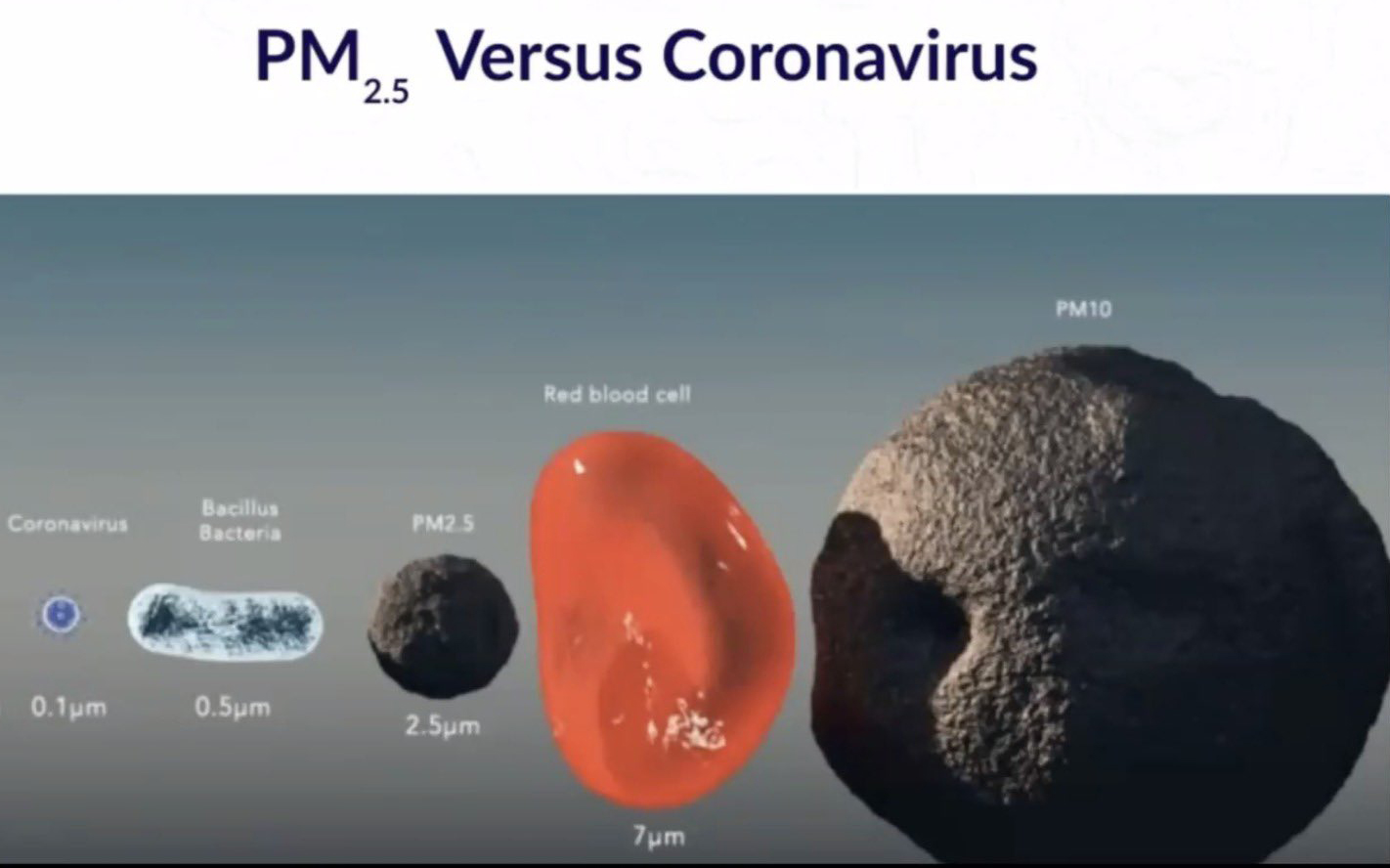Citizen Science Training
PM Pollution and COVID

The Massachusetts-based Peace Development Fund has chosen to spotlight the COVID-connected work of
Downwinders at Risk and 12 other groups
across the country this week in order to help raise funds for that work.
As of late last night successfully met our original goal of $10,000. THANK YOU. So now we’re setting our sights on trying to raise an additional $3,000 by Friday. All of this money goes to local DFW program work in front line communities that are most vulnerable to
COVID infection.
Help us help more people.
CONTRIBUTE HERE
Thanks
______________________________________
COVID Connects:
Particulate Matter Air Pollution
to Increased Risk of Disease
What is It?
You’ve heard of the dangers of second-hand smoke? PM is industrial second-hand smoke.
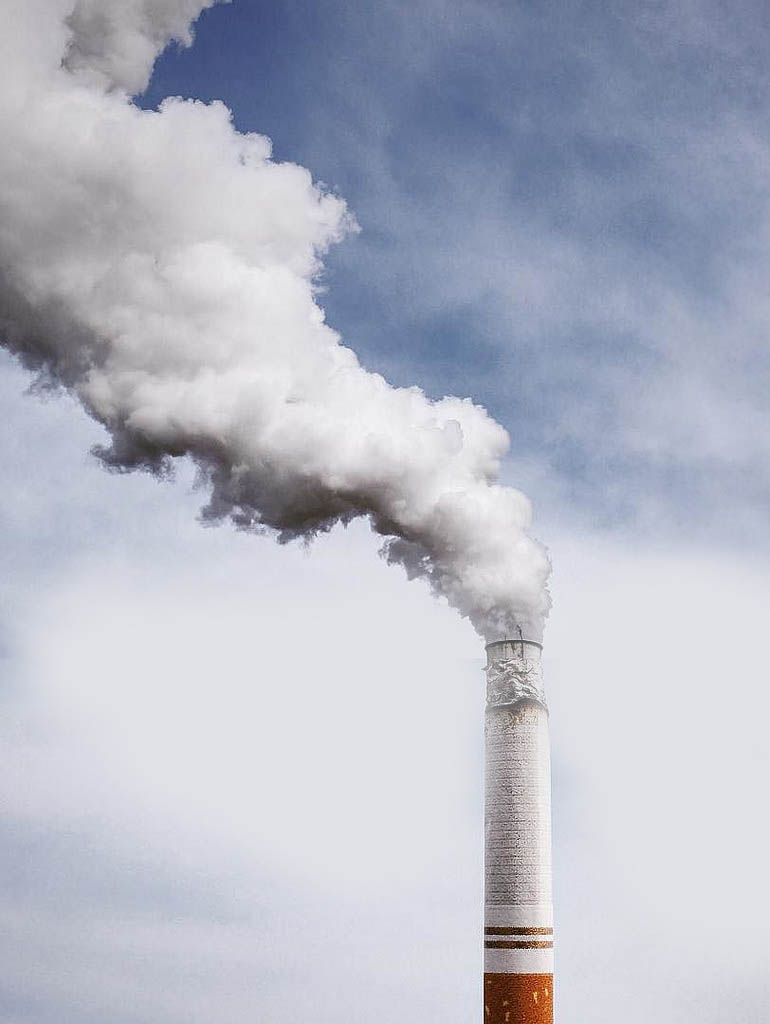 Research over the last decade connects PM pollution with not just lung and coronary diseases, but IQ loss, Autism, Dementia, Parkinson’s Disease, Diabetes, Immune-Deficiency, depression, and blindness. Research also shows Black and Brown residents are exposed to more PM pollution and at higher levels than most of their white peers.
Research over the last decade connects PM pollution with not just lung and coronary diseases, but IQ loss, Autism, Dementia, Parkinson’s Disease, Diabetes, Immune-Deficiency, depression, and blindness. Research also shows Black and Brown residents are exposed to more PM pollution and at higher levels than most of their white peers.re-thinking freeways. We’re in the weeds with neighborhood groups plotting new land use plans separating PM sources from people, or eliminating them altogether. In essence, we’re conducting an anti-smoking campaign aimed at machines.
Why Do It?
Sources of PM pollution are controlled by local gov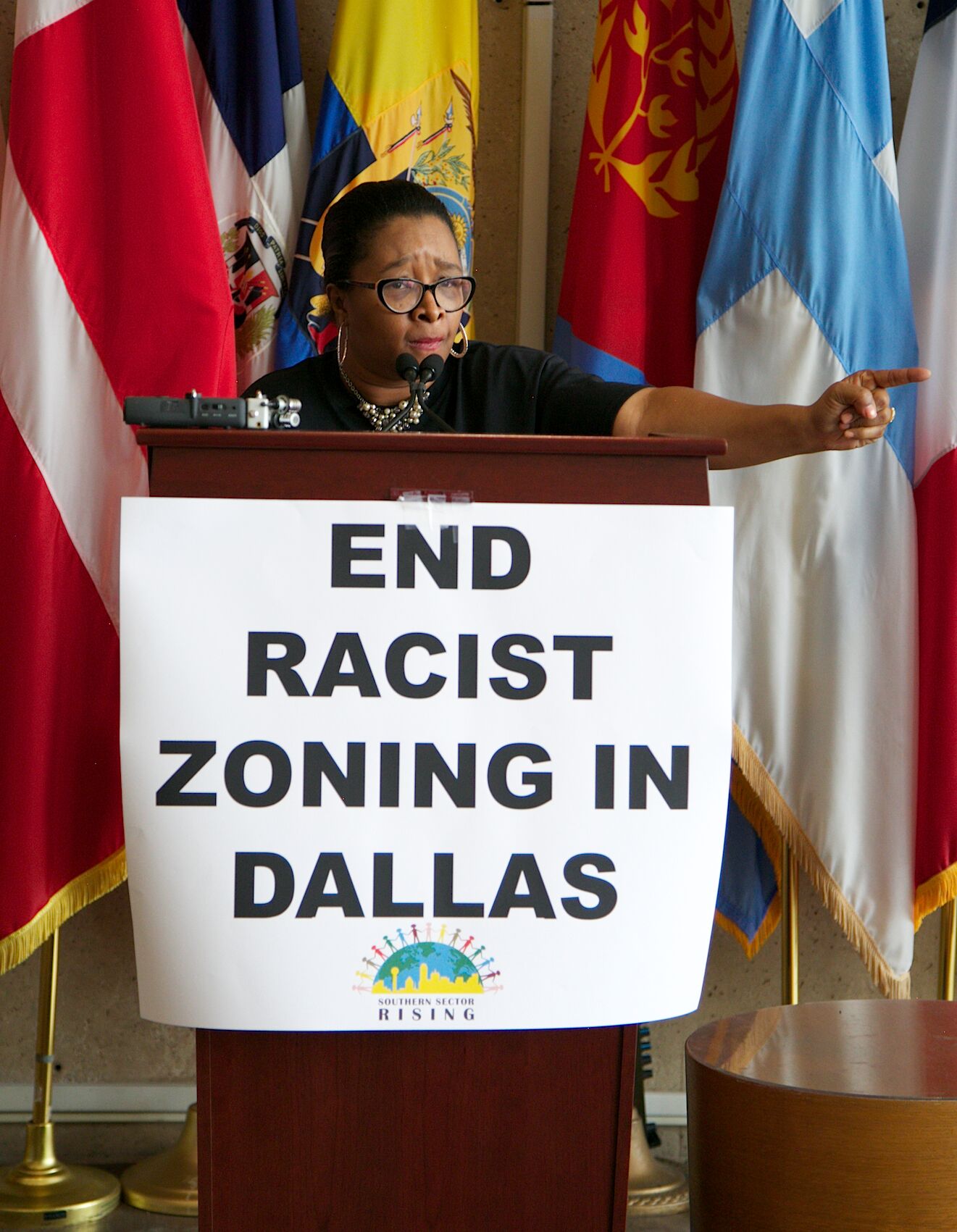 ernments through zoning and other municipal and county policies. As a local group, North Texas is where Downwinders is most effective in making change.
ernments through zoning and other municipal and county policies. As a local group, North Texas is where Downwinders is most effective in making change.
After the 2016 presidential election it was clear we couldn’t make progress on DFW chronic smog without good faith partners at EPA. So we turned our attention to addressing the most insidious air pollutant that can be controlled by local action. We found we could have a big impact on how these very small toxic particles are affecting DFW residents.
What’s the COVID Connection?
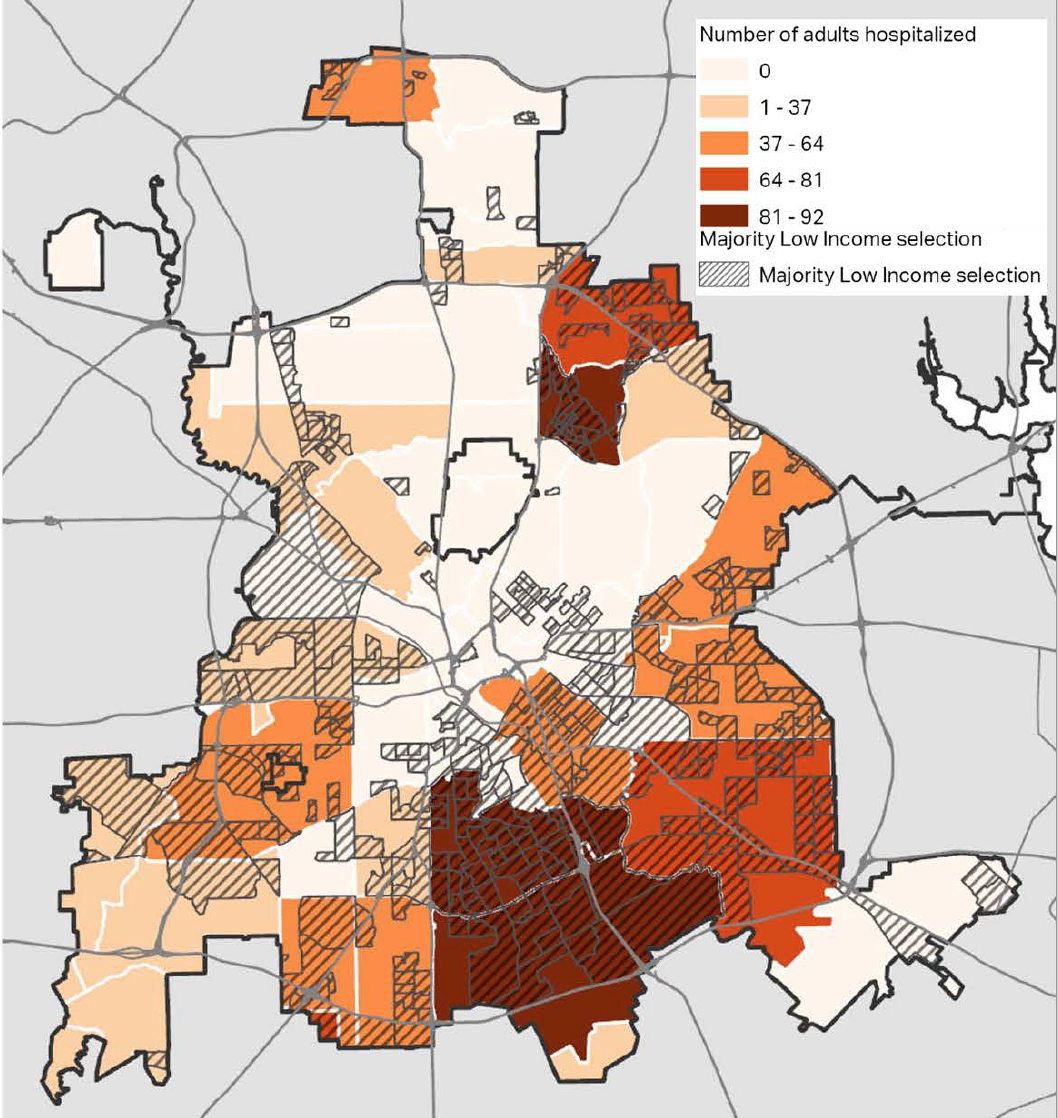
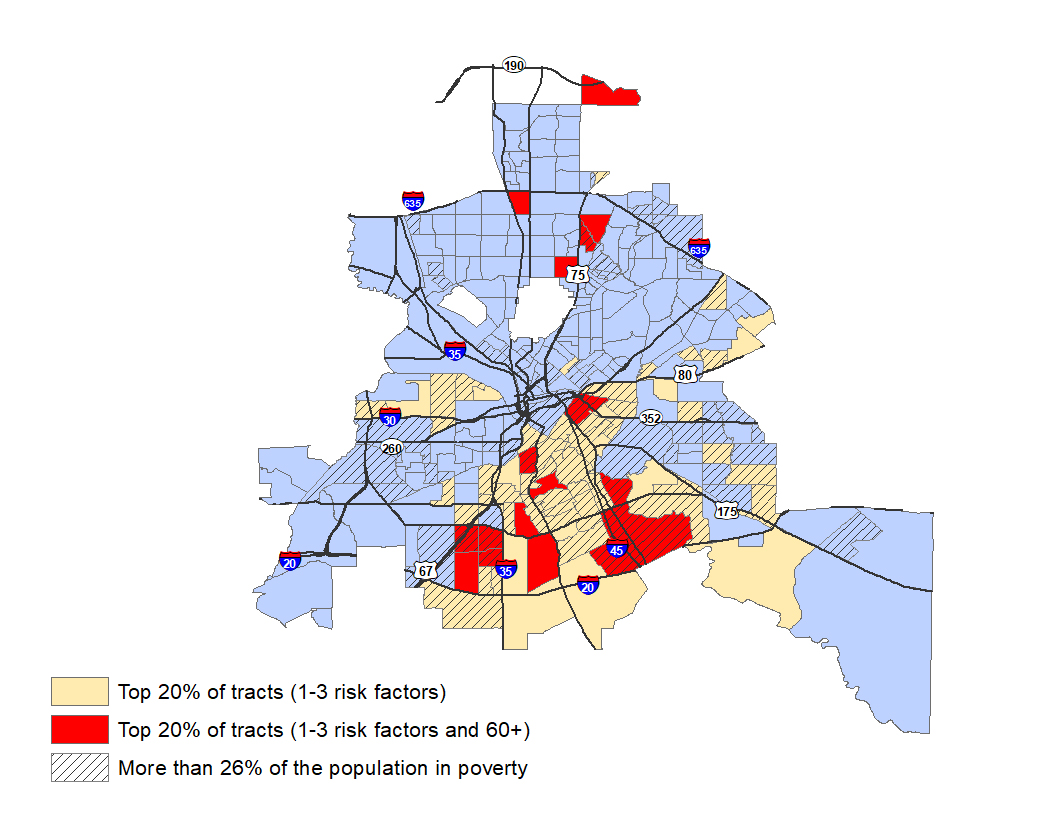
STATUS?
Since 2017 Downwinders has purchased five portable Aeroqual PM 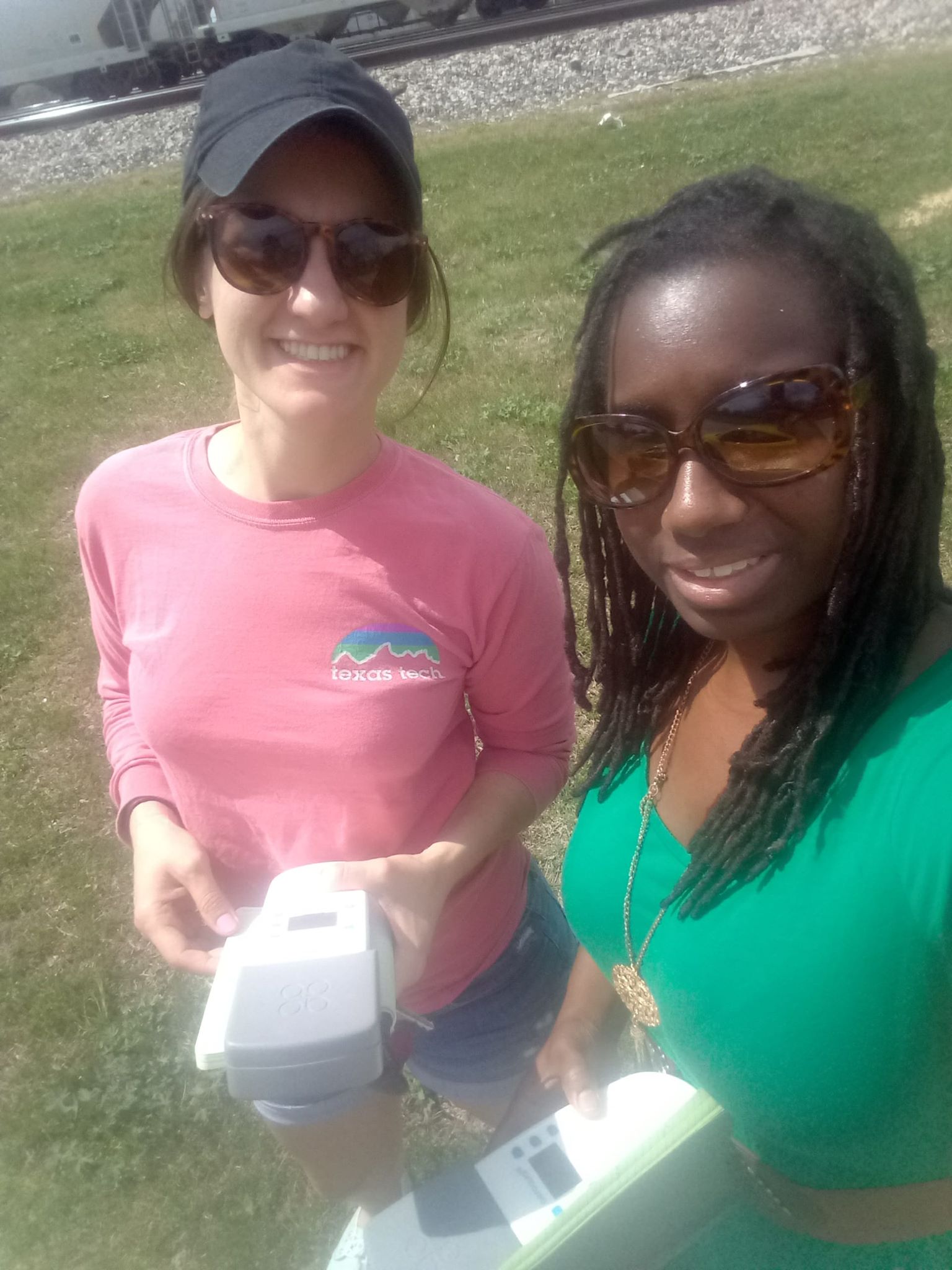 monitors that have been used to track PM Air pollution in DFW and identify hot spots. These portable monitors were the first to record PM levels in the Joppa community in Dallas and the Shingle Mountain illegal dump. We also offer free training in how to use these monitors.With UTD and others, Downwinders is building a 100 + PM monitor network for DFW to track the pollutant in real time across the region.
monitors that have been used to track PM Air pollution in DFW and identify hot spots. These portable monitors were the first to record PM levels in the Joppa community in Dallas and the Shingle Mountain illegal dump. We also offer free training in how to use these monitors.With UTD and others, Downwinders is building a 100 + PM monitor network for DFW to track the pollutant in real time across the region.
Dallas’ climate plan sets goals for electrification of the DART bus fleet by 2040 but other cities are moving faster.
For the last three years debate over the siting of proposed new batch plants has raised the profile of Particulate Matter at Dallas City Hall and around North Texas.
Environmental Organizing on Giving Day 2020
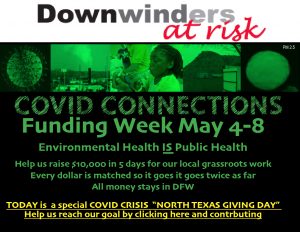
TUESDAY GIVING DAY UPDATE:
We’re over half-way to our goal of $10,000.
Please help us get there today.
1. Today the Communities Foundation of Texas is sponsoring a special COVID crisis North Texas Giving Day for DFW non-profits.
2. The Peace Development Fund has chosen to spotlight the COVID-connected work of Downwinders and 12 other groups across the country to help during the crisis.
The Fund and generous donors are matching every dollar we raise this week up to $10,000 – that’s a $20,00,000 grant on the line.
We have until Friday to raise the $10,000.
You can help us reach this goal right now by contributing at our North Texas Giving Day Page or the Mighty Cause pay portal the Development Fund has set up for us.
Thanks for your support,


Evelyn Mayo, Chair
____________________________________
COVID Connects:
Community Organizing to
Environmental Health
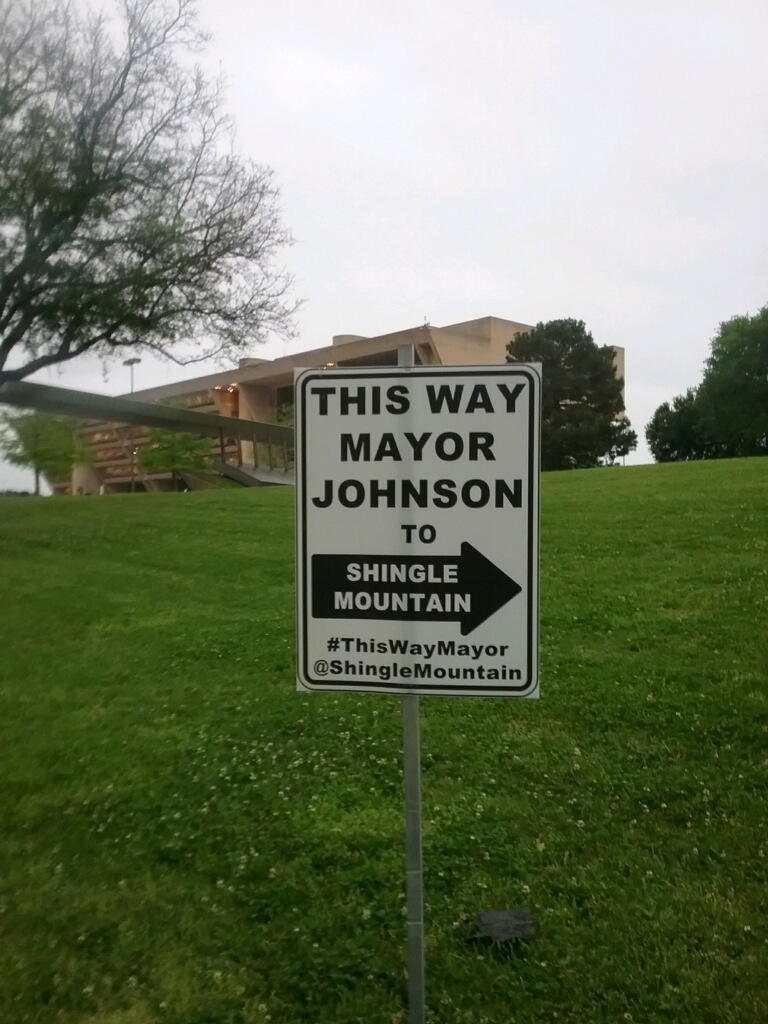 200 signs like these went up across Dallas on Earth Day 2020. Major Johnson has yet to visit or speak publicly about the highest profile environmental justice scandal since the West Dallas RSR lead smelter Superfund site 25 years ago.
200 signs like these went up across Dallas on Earth Day 2020. Major Johnson has yet to visit or speak publicly about the highest profile environmental justice scandal since the West Dallas RSR lead smelter Superfund site 25 years ago.
What is It?
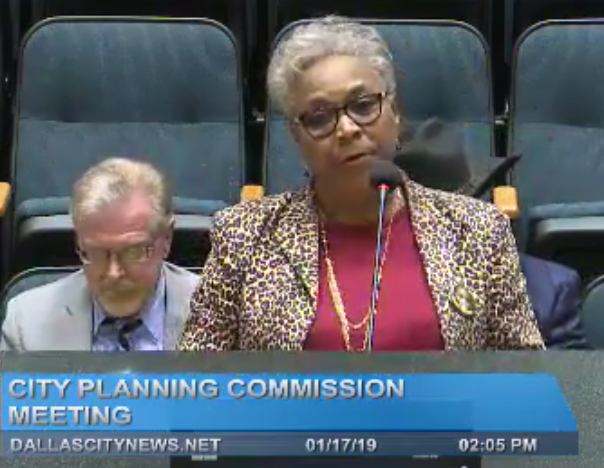 Downwinders provides much needed basic organizing resources to local grassroots environmental health fights.We offer the only full time staff devoted to applying community organizing principles to assist groups. We provide start-up funding for fliers and other materials. We’re the only citizens group that has the technology to take air pollution samples…and the classes to teach you how to do it as well. Mostly, we give those in need the attention they’re not getting from officials or anyone else.
Downwinders provides much needed basic organizing resources to local grassroots environmental health fights.We offer the only full time staff devoted to applying community organizing principles to assist groups. We provide start-up funding for fliers and other materials. We’re the only citizens group that has the technology to take air pollution samples…and the classes to teach you how to do it as well. Mostly, we give those in need the attention they’re not getting from officials or anyone else.
Most importantly, we show how to use a fight to change the system that produced the problem. The most recent example is the Shingle Mountain illegal dump and the group Southern Sector Rising that was created to shut it down and clean it up.
Why Do It?
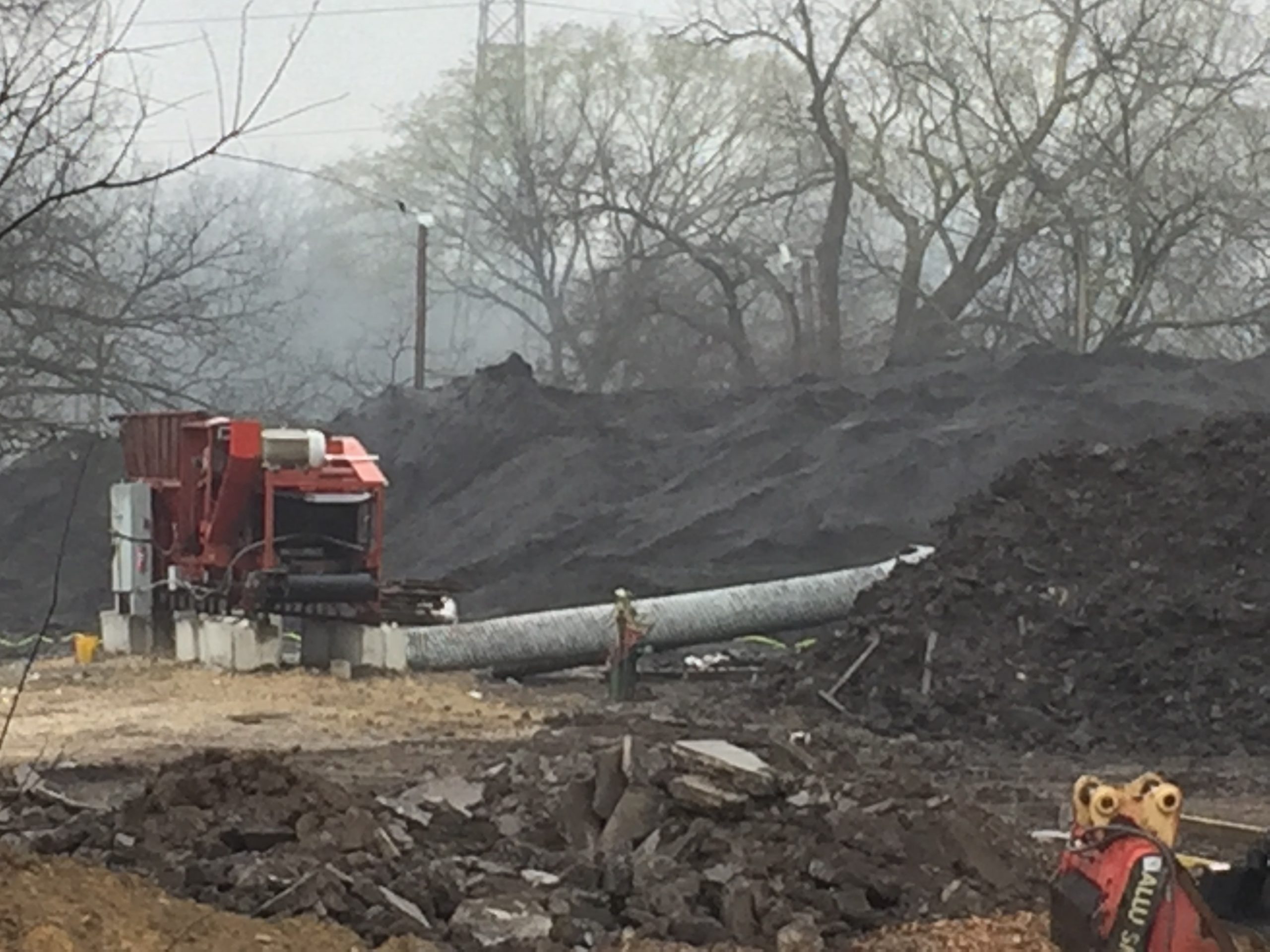 Shingle Mountain for almost a year when she finally found Downwinders. It took us only three months of organizing with Ms. Jackson to get the City to reverse itself and file suit against the site’s operators to close the site.Out of that effort sprang Southern Sector Rising, a group aimed at not only seeking justice for Shingle Mountain residents but making sure Dallas implemented a citywide Environmental Justice agenda. Part of that agenda, announced on March 20th 2019 at a City Hall news conference, was the restoration of the Dallas Environmental Health Commission and a Environmental Equity Provision that would steer polluters away from already over-polluted neighborhoods.
Shingle Mountain for almost a year when she finally found Downwinders. It took us only three months of organizing with Ms. Jackson to get the City to reverse itself and file suit against the site’s operators to close the site.Out of that effort sprang Southern Sector Rising, a group aimed at not only seeking justice for Shingle Mountain residents but making sure Dallas implemented a citywide Environmental Justice agenda. Part of that agenda, announced on March 20th 2019 at a City Hall news conference, was the restoration of the Dallas Environmental Health Commission and a Environmental Equity Provision that would steer polluters away from already over-polluted neighborhoods.
Southern Sector Rising and Downwinders are using the example of Shingle Mountain to pass policies aimed at preventing new Shingle Mountains.
What’s the COVID Connection?
In 2020 it seems obvious that municipal governments need to address environmental health issues. But Dallas ditched it’s original Environmental Health Commission a decade ago.
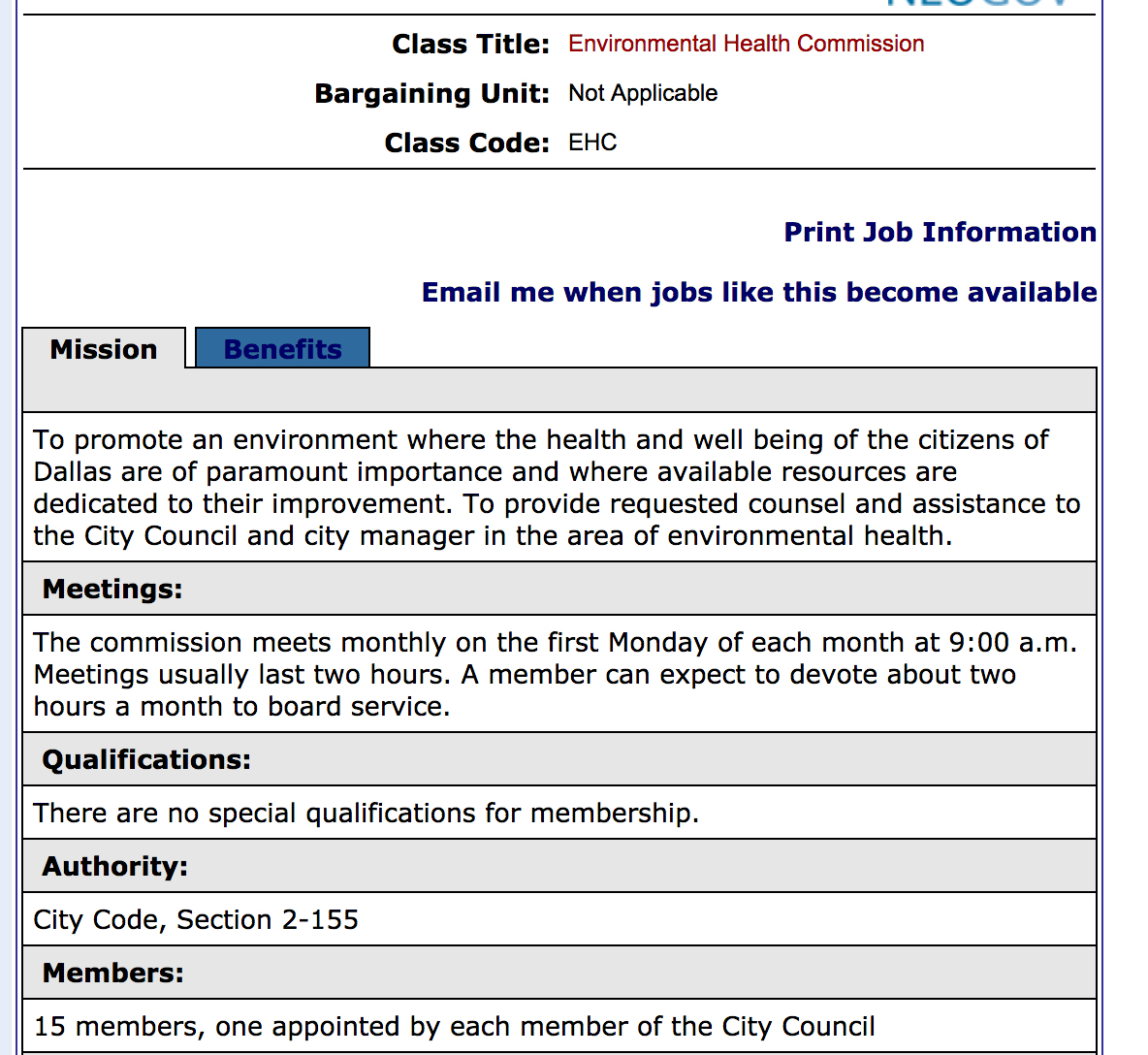 Formed in the wake of the 1980’s West Dallas and East Oak Cliff Lead smelter fights, the Health Commission was a citizen-based watchdog. It recommended the effective banning of hazardous and medical waste incineration in the City and wrote a tough anti-smoking policy before the Council disbanded it.
Formed in the wake of the 1980’s West Dallas and East Oak Cliff Lead smelter fights, the Health Commission was a citizen-based watchdog. It recommended the effective banning of hazardous and medical waste incineration in the City and wrote a tough anti-smoking policy before the Council disbanded it.
Had the Commission been around in 2017, it’s likely the Shingle Mountain dump would have shown-up on Dallas City Hall’s radar screens a lot sooner than it did when a reporter had to tell officials about the outrage a year later.
And an “equitable” economic development policy would end the practice of illegal dumpers and grifters targeting Southern Dallas for their schemes. That pattern of “development” is one reason why residents find themselves more vulnerable to COVID.
Before the virus, City Hall policy avoided environmental health issues. This pandemic shows why it must embrace and plan for them.
STATUS?
Southern Sector Rising has asked that restoration of the Dallas Environmental Health Commission be part of the City’s new climate plan, up for a vote on May 27th. Despite 10 of the current 15 Dallas City Council members having endorsed the idea only last Spring, there’s been no public movement toward adoption. 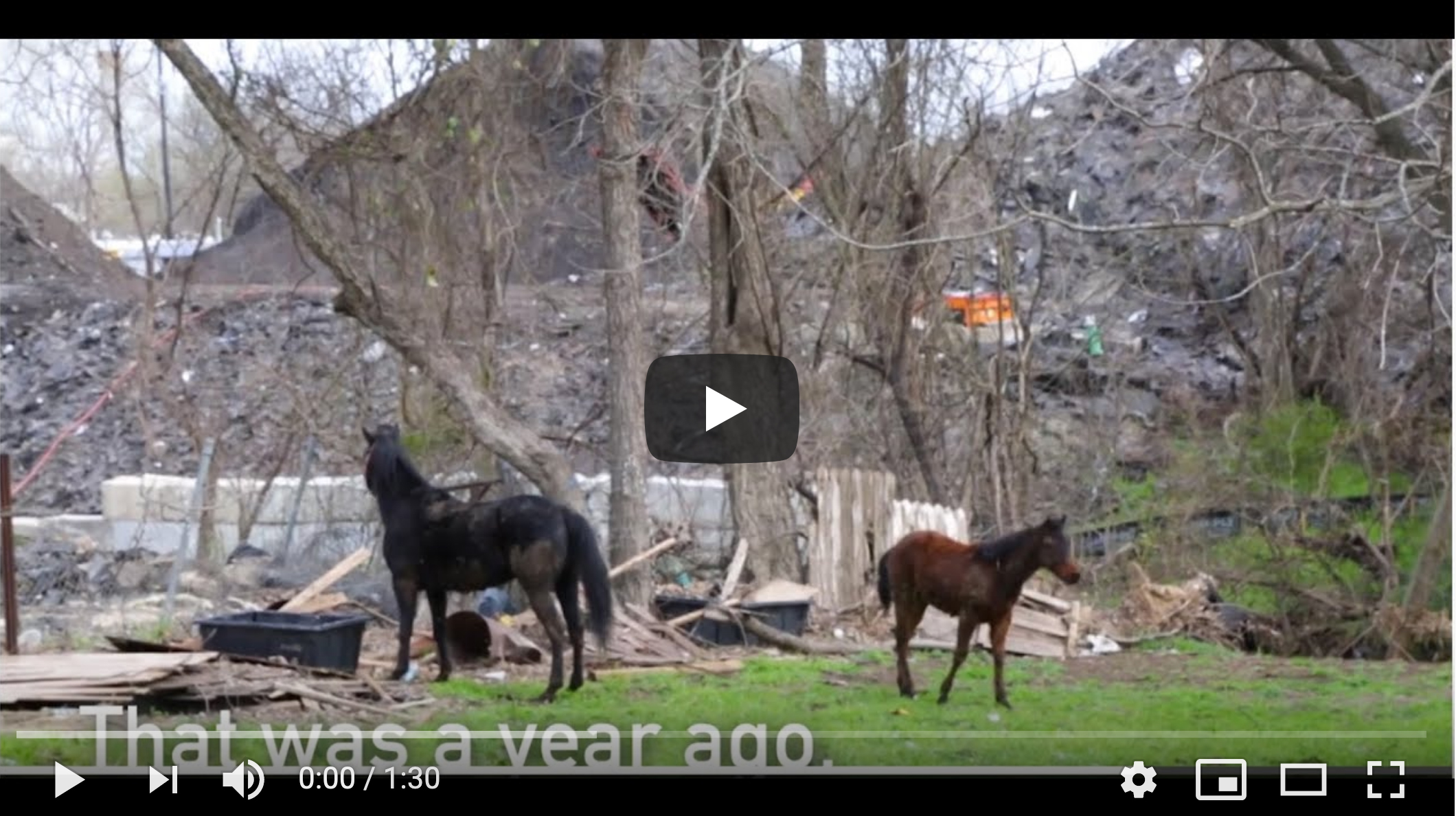
SSR won the closing of Shingle Mountain as an active operation, but the dump itself remains an on-going public health crisis in its own right. Over 100,000 tons of petroleum based asphalt shingles
are stacked 6-7 stories high next door to Dallas residents, including families with children.
Despite being invited and holding office for a year, Dallas Mayor Eric Johnson has never visited or commented publicly on Shingle Mountain.
over 200 “directional aids” went up around
ACTION YOU CAN TAKE:
Here’s a link to a quick “ClickNSend” letter you can send Dallas Mayor Eric Johnson to help him find his way to Shingle Mountain
Downwinders Board Members Power DISD Middle School Summer Science Program on Air Quality
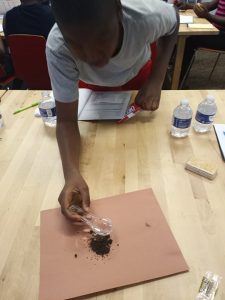 Thanks to two industrious board members, Downwinders at Risk has partnered with Dallas Independent School Districts’ Kids University in a six-week summer program to immerse middle school students in citizen science and air quality.
Thanks to two industrious board members, Downwinders at Risk has partnered with Dallas Independent School Districts’ Kids University in a six-week summer program to immerse middle school students in citizen science and air quality.
Our “STEAM Ahead” series features approximately fourteen young researchers using Downwinders’ inventory of portable air quality monitors to collect data along DART bus routes in Dallas, analyze that data, and decide what to do about any problems with air quality they discover. Classroom sessions teach about Particulate Matter pollution and its dangers. Class began on June 13th and meets every Thursday until July 25th.
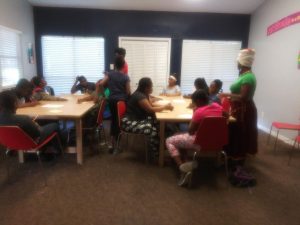 Downwinders at Risk Board Members Cresanda Allen and Misti O’Quin designed the curriculum, gathered all the material, and helped recruit students. Cresanda is a professional teacher and Misti is the Beyond Coal Organizer for DFW. Their goal is to increase knowledge about environmental health & justice issues among middle school youth as well as distributing the scientific tools for evaluating the conditions around them.
Downwinders at Risk Board Members Cresanda Allen and Misti O’Quin designed the curriculum, gathered all the material, and helped recruit students. Cresanda is a professional teacher and Misti is the Beyond Coal Organizer for DFW. Their goal is to increase knowledge about environmental health & justice issues among middle school youth as well as distributing the scientific tools for evaluating the conditions around them.
This is the first time Downwinders has offered a summer class for youth in its 25-year history. Students will be evaluated at course end and if the pilot program is deemed a success, look for Cresanda and Misti to be back in action in 2020.
First Citizen Scientists Graduate From Portable Air Monitoring Training Class

L to R: Amanda Poland, Misti O’Quinn, Dr. Tate Barrett, James Orenstein, Temeckia Derrough, Candice Johnson, Evy Mayo, Jim Duncan, Kim Limberg, Liz Alexander, Miriam Mathews Fields and Cresanda Allen
In the middle of the wettest day in the wettest September DFW had ever recorded, the clouds parted and a dozen brave and curious souls turned out to go through the region’s first citizen science training for portable air monitoring.
Some were already clean air activists. Some were technology geeks. Some were people simply interested in having the ability to tell what’s in the air they’re breathing.
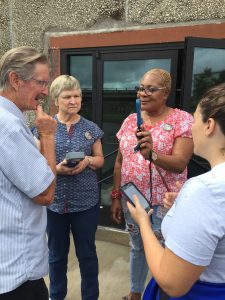 When they showed up to our GoodWork headquarters they got a tag team education on Particulate Matter pollution courtesy of a curriculum designed and presented by Downwinders board members and scientists. The information set-off lively discussions among residents of Joppa and West Dallas where PM problems are common. For others, the facts brought new awareness about this under-publicized but insidious pollutant.
When they showed up to our GoodWork headquarters they got a tag team education on Particulate Matter pollution courtesy of a curriculum designed and presented by Downwinders board members and scientists. The information set-off lively discussions among residents of Joppa and West Dallas where PM problems are common. For others, the facts brought new awareness about this under-publicized but insidious pollutant.
But no doubt many thought the real fun started with the hands-on field training using Downwinders’ three Aeroqual 500 Portable PM monitors. Despite the forecast, there was actually no rain during either the morning or afternoon session and the future scientists got to go explore inside and out.
They recorded the dust explosion set off by simply sweeping the floor with a broom. They saw how a lit match changed the composition of the air in a room. They stood downwind from fog machines that were faux-smokestacks for the day and they measured the ambient air in Sunny South Dallas on Good-Latimer. They learned how to sync meteorological tools with the monitors and record the necessary information to make a sampling more useful. They asked questions, they got in arguments and at the end of it all, they got certified as an official Citizen Science Apprentices. They’ll now be able to go out with our PM team for supervised research runs and after two of those they’ll be able to check out monitors on their own through our monitor lending library.
Our PM Committee is already looking to host another training session on a weekend in late October and these will be reoccurring on a regular basis from here on out. Be the first one on your block.

